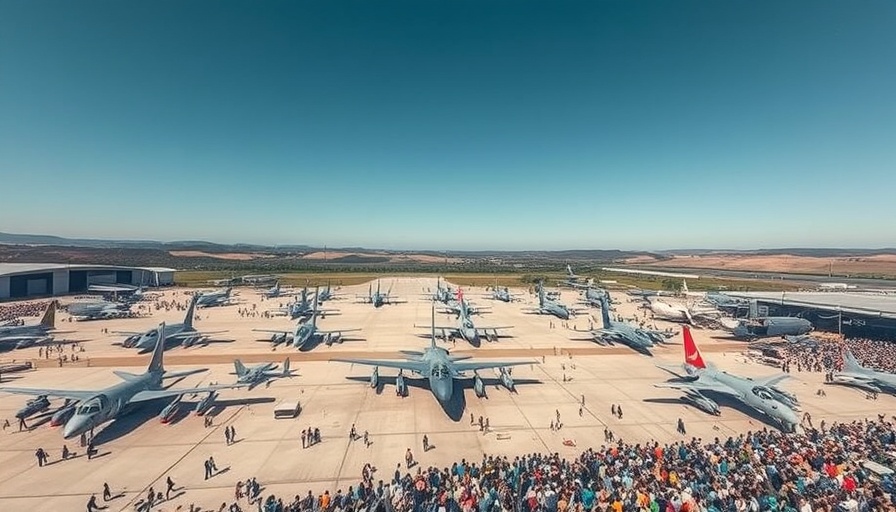
Growing Concerns Over Immigration Strategy in Solano County
The Trump administration is reportedly evaluating the feasibility of establishing an immigrant detention camp at Travis Air Force Base in Fairfield, California. This move is part of a wider strategy to utilize military facilities for housing immigrants prior to their deportation.
Following earlier discussions about reopening the FCI Dublin as a detention center, which fell through due to high renovation costs, this new proposal has raised alarms among local officials and advocacy groups. Immigration and Customs Enforcement (ICE) has indicated a need for new facilities, especially as their numbers surged to approximately 48,000 detainees, pushing current facilities to capacity.
Local Officials Respond
East Bay Congressman John Garamendi, a vocal opponent of the Trump administration's immigration policies, expressed strong disapproval of the planned use of Travis AFB. He emphasized its vital role in national security operations, arguing that converting the base into a detention facility would jeopardize its primary mission of providing transportation services globally.
In his statement, Garamendi invoked the Posse Comitatus Act of 1878, which restricts active-duty military involvement in domestic law enforcement. He claimed that utilizing military resources to enforce immigration laws is not only improper but poses a threat to civil liberties.
Legal Experts Weigh In
Legal professionals and advocates, such as Jehan Laner from the Immigrant Legal Resource Center, echoed Garamendi’s concerns. Laner warned that military involvement in civil law enforcement raises alarming issues around the potential erosion of democratic values in America. The exploration of military facilities for detention purposes signals a troubling trend toward authoritarian practices, he contended.
What This Means for the Bay Area
As discussions continue regarding the establishment of a detention camp in Solano County, the implications extend to the broader San Francisco Bay Area. Local communities may need to prepare for heightened tensions and increased activism surrounding immigration policies and the role of military facilities in domestic affairs.
This potential move comes at a time when immigration policy is a hot-button issue in national discourse, prompting inquiries into the approach of public officials and community leaders. Activists are poised to mobilize against any potential plan to convert military installations into centers of detention.
 Add Row
Add Row  Add
Add 




 Add Row
Add Row  Add
Add 

Write A Comment